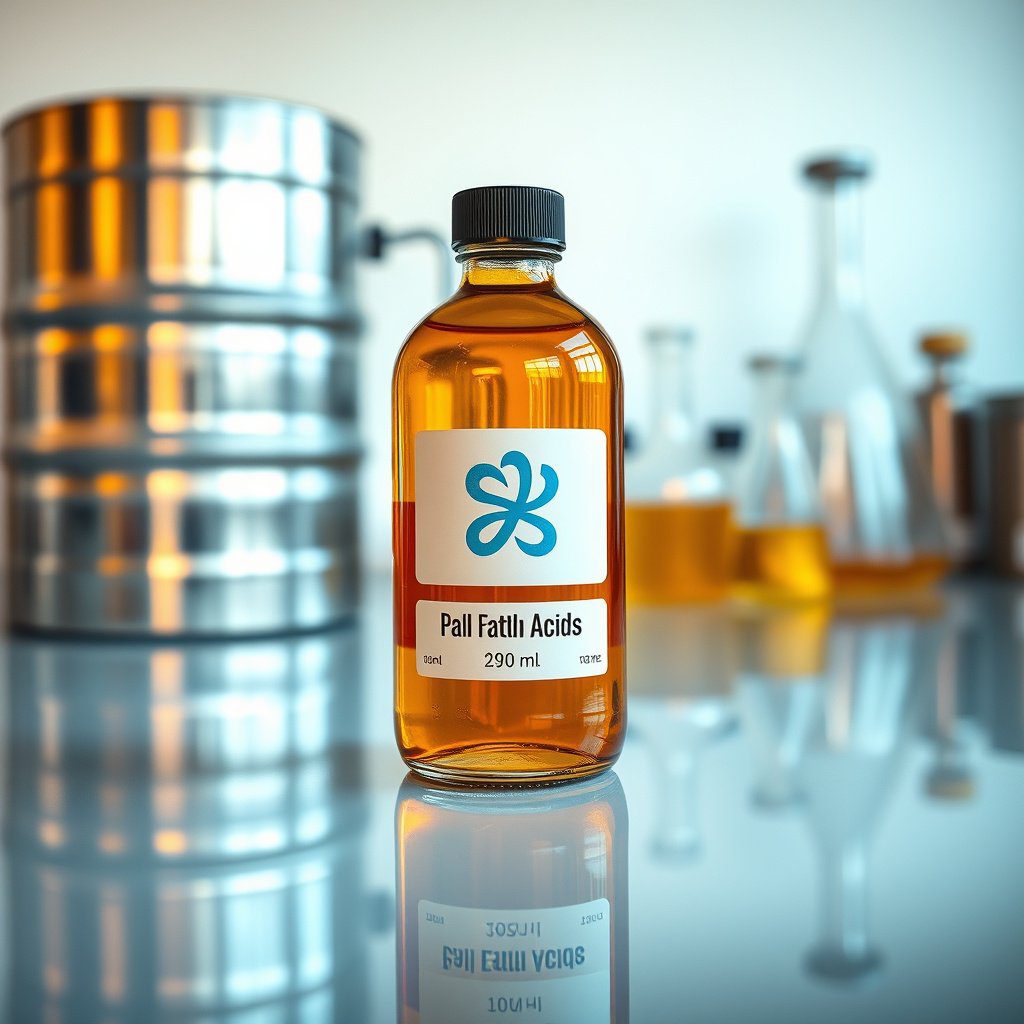Overview of the Palm Oil Market
The palm oil market has seen significant growth over the past few decades, driven by the increasing demand for edible oils, biofuels, and personal care products. As a versatile ingredient, palm oil is favored for its high yield and cost-effectiveness compared to other vegetable oils. Understanding the dynamics of the palm oil market is crucial for stakeholders, especially for suppliers like DIPLOMATA who aim to establish a strong foothold in the U.S. market.
Brazil’s Role in the Palm Oil Market
Brazil is emerging as a key player in the palm oil market, leveraging its vast agricultural resources and favorable climate conditions. The country’s palm oil production is primarily concentrated in states like Pará and Bahia, where the conditions are ideal for cultivating oil palm trees. This strategic position allows Brazilian suppliers to meet the growing demand for palm oil in international markets, particularly in the United States.
Types of Palm Oil Offered by DIPLOMATA
DIPLOMATA specializes in the distribution of three grades of palm oil: crude, bleached, and refined. Crude palm oil is extracted directly from the fruit and retains its natural flavor and color, making it suitable for various culinary applications. Bleached palm oil undergoes a refining process to remove impurities and enhance its color, while refined palm oil is further processed to achieve a neutral flavor and extended shelf life, ideal for industrial uses.
Market Trends Impacting Palm Oil Demand
Several trends are shaping the palm oil market, including a shift towards sustainable sourcing and the rising popularity of plant-based products. Consumers are increasingly demanding transparency regarding the origins of their food products, prompting suppliers to adopt sustainable practices. DIPLOMATA is committed to ensuring that its palm oil distribution aligns with these trends, providing high-quality products that meet the ethical standards of U.S. consumers.
Challenges in the Palm Oil Industry
The palm oil industry faces challenges such as deforestation, labor issues, and fluctuating prices. These challenges can impact production levels and market stability. DIPLOMATA addresses these concerns by sourcing palm oil from certified plantations that adhere to sustainable practices, thereby ensuring a reliable supply for its U.S. customers while contributing to environmental conservation efforts.
Regulatory Environment for Palm Oil Imports
The U.S. regulatory environment for palm oil imports includes various food safety standards and import tariffs that suppliers must navigate. Understanding these regulations is essential for companies like DIPLOMATA to facilitate smooth distribution channels. Compliance with the U.S. Food and Drug Administration (FDA) and the U.S. Department of Agriculture (USDA) ensures that imported palm oil meets health and safety requirements.
Logistics and Distribution Networks
Efficient logistics and distribution networks are vital for the successful importation of palm oil from Brazil to the U.S. DIPLOMATA has established a robust supply chain that encompasses transportation, warehousing, and distribution, ensuring timely delivery of crude, bleached, and refined palm oil grades across the United States. This nationwide coverage enhances the reliability of supply for U.S. manufacturers and consumers.
Market Analysis: Competitive Landscape
The competitive landscape of the palm oil market includes both local and international players vying for market share. DIPLOMATA positions itself as a leading supplier by offering competitive pricing, high-quality products, and a commitment to sustainability. By continuously analyzing market trends and competitor strategies, DIPLOMATA can adapt and thrive in this dynamic environment.
Future Outlook for the Palm Oil Market
The future of the palm oil market looks promising, with projections indicating continued growth driven by increasing global demand. Factors such as technological advancements in cultivation and processing, along with a greater emphasis on sustainability, will play a crucial role in shaping the market. DIPLOMATA is poised to capitalize on these opportunities, reinforcing its status as a top Brazilian supplier and exporter of palm oil to the U.S.


